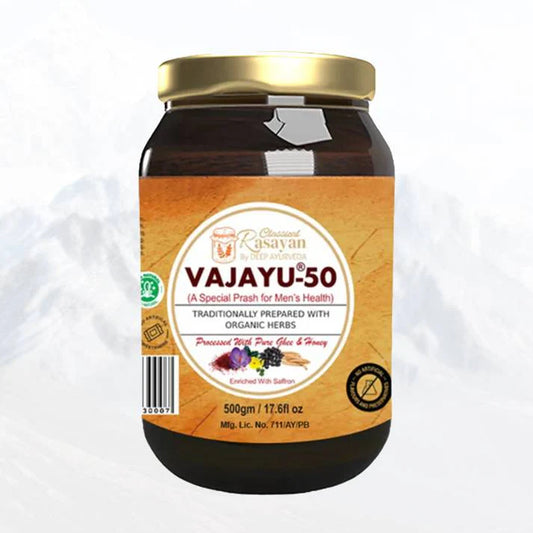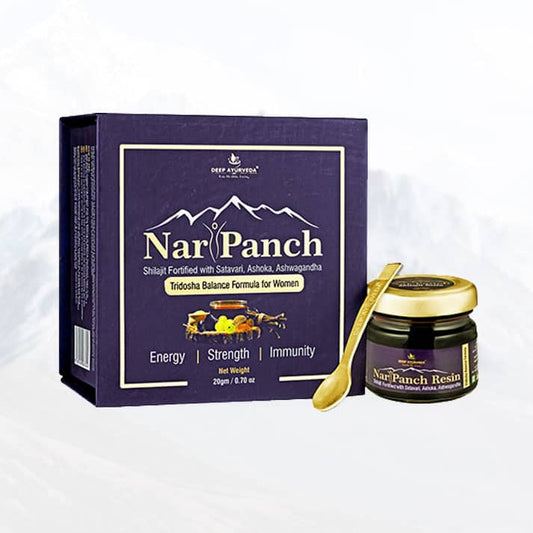
Botanical Name: Foeniculum vulgare
Family: Apiaceae
Fennel seeds, known as Saunf in Hindi, are a staple in Indian cuisine and Ayurvedic medicine. In Australia, this aromatic spice is gaining popularity for its distinctive sweet-bitter taste and remarkable health benefits. Unlike most spices, fennel has a cooling nature, making it a refreshing addition to beverages and dishes.
Historical and Cultural Significance of Fennel
Fennel has a long history of use dating back to ancient civilizations. In Rome and Greece, fennel was considered a symbol of strength and vitality, often consumed by soldiers. The ancient Egyptians used it as a digestive aid, while the Chinese valued it for its aromatic properties. In Ayurvedic and Unani medicine, fennel is recognized for balancing the doshas and promoting overall wellness.
In Australia, fennel is increasingly being used in modern fusion cuisine, offering a unique flavor to dishes like salads, soups, and seafood. Its aromatic seeds are a favorite in spice blends, herbal teas, and natural remedies.
Fennel Nutritional Value
Fennel seeds are a powerhouse of nutrients, particularly Vitamin C, potassium, magnesium, manganese, and dietary fiber. They are rich in antioxidants, including flavonoids and phenolic compounds, which help combat oxidative stress and reduce inflammation. The compound anethole is responsible for fennel’s unique flavor and medicinal properties, providing digestive, anti-inflammatory, and antibacterial benefits.
Synonyms of Fennel (Saunf)
Foeniculum vulgare is known by many names, including Bitter Fennel, Common Fennel, Indian Sweet Fennel, and various regional names like Madhurika, Missi, Variyaali, Mouri, and Rajiyanaj.
Benefits of Fennel
-
Flatulence (Gas Formation)
-
Scientific View: Fennel seeds have carminative properties, relaxing intestinal muscles to relieve gas and bloating.
-
Ayurvedic View: Saunf’s Deepan (appetizer) and Pachan (digestive) properties aid digestion.
-
Usage: Boil 1 tsp crushed fennel seeds in 1 glass of water until reduced to half. Add 1 tsp honey and drink daily.
-
-
Constipation
-
Scientific View: Fennel’s dietary fiber adds bulk to stool, promoting regular bowel movements.
-
Usage: Dry roast 1 cup fennel seeds, grind to powder, and consume 1 tsp in warm water before bed.
-
-
Colicky Pain (Babies & Adults)
-
Scientific View: Anethole in fennel relaxes intestinal muscles, easing colic pain. Consult a doctor before use in infants.
-
Ayurvedic View: Saunf Ark, diluted with water, can be given to babies twice daily.
-
-
Menstrual Pain
-
Scientific View: Fennel seeds regulate uterine contractions, easing cramps.
-
Ayurvedic View: Balances Vata Dosha to relieve pain.
-
Usage: Boil 1 tsp crushed fennel seeds in water, add honey, and drink warm.
-
-
Respiratory Conditions (Bronchitis & Infections)
-
Scientific View: Anethole acts as a bronchodilator, easing breathing.
-
Usage: Prepare fennel seed tea by boiling 1 tsp seeds with water. Sip twice daily.
-
How to Use Fennel Seeds in Daily Life
-
As a Mouth Freshener: Chew fennel seeds after meals to freshen breath and aid digestion.
-
In Cooking: Add fennel seeds to curries, soups, salads, and seafood dishes.
-
In Herbal Teas: Prepare a soothing fennel tea by boiling 1 tsp seeds in water.
-
For Skin Care: Use fennel seed-infused water as a facial toner to reduce puffiness.
-
Detox Drink: Prepare fennel-infused water by soaking seeds overnight and drinking in the morning.
Opportunities for Further Reading Explore the benefits of other Ayurvedic herbs like Ginger, Tulsi, Ashwagandha, and Shatavari.
Frequently Asked Questions (FAQ)
1. Can fennel seeds help with weight loss?
Yes, fennel seeds support weight management by boosting metabolism and reducing appetite.
2. Are fennel seeds safe during pregnancy?
Moderate consumption is generally safe, but pregnant women should consult a healthcare professional.
3. How often can I drink fennel tea?
You can enjoy fennel tea 1-2 times daily for optimal benefits.
4. Can fennel seeds be used for infants?
Consult a healthcare provider before giving fennel to infants. Saunf Ark is sometimes recommended in small doses.
5. Do fennel seeds have any side effects?
Excessive consumption may cause allergies or interact with medications.
Conclusion
Incorporating fennel into your daily routine can promote digestive health, hormonal balance, respiratory wellness, and more. This versatile spice offers endless benefits—experience its goodness and make fennel a part of your daily lifestyle!
References
-
Ayurvedic Pharmacopoeia of India
-
Australian Dietary Guidelines
-
Deep Ayurveda Resources






